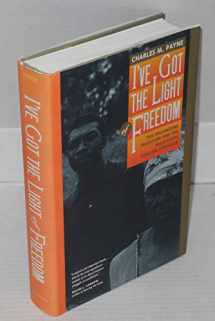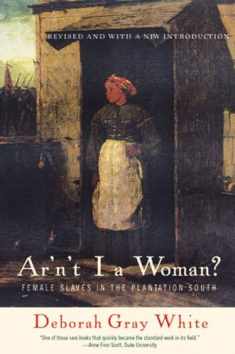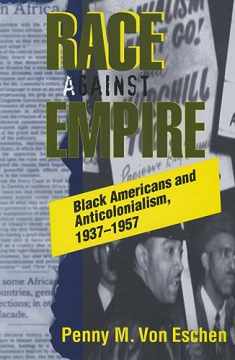
I've Got the Light of Freedom: The Organizing Tradition and the Mississippi Freedom Struggle
Book details
Summary
Description
This momentous work offers a groundbreaking history of the early civil rights movement in the South. Using wide-ranging archival work and extensive interviews with movement participants, Charles Payne uncovers a chapter of American social history forged locally, in places like Greenwood, Mississippi, where countless unsung African Americans risked their lives for the freedom struggle. The leaders were ordinary women and men—sharecroppers, domestics, high school students, beauticians, independent farmers—committed to organizing the civil rights struggle house by house, block by block, relationship by relationship. Payne brilliantly brings to life the tradition of grassroots African American activism, long practiced yet poorly understood.
Payne overturns familiar ideas about community activism in the 1960s. The young organizers who were the engines of change in the state were not following any charismatic national leader. Far from being a complete break with the past, their work was based directly on the work of an older generation of activists, people like Ella Baker, Septima Clark, Amzie Moore, Medgar Evers, Aaron Henry. These leaders set the standards of courage against which young organizers judged themselves; they served as models of activism that balanced humanism with militance. While historians have commonly portrayed the movement leadership as male, ministerial, and well-educated, Payne finds that organizers in Mississippi and elsewhere in the most dangerous parts of the South looked for leadership to working-class rural Blacks, and especially to women. Payne also finds that Black churches, typically portrayed as frontrunners in the civil rights struggle, were in fact late supporters of the movement.


We would LOVE it if you could help us and other readers by reviewing the book
Book review





